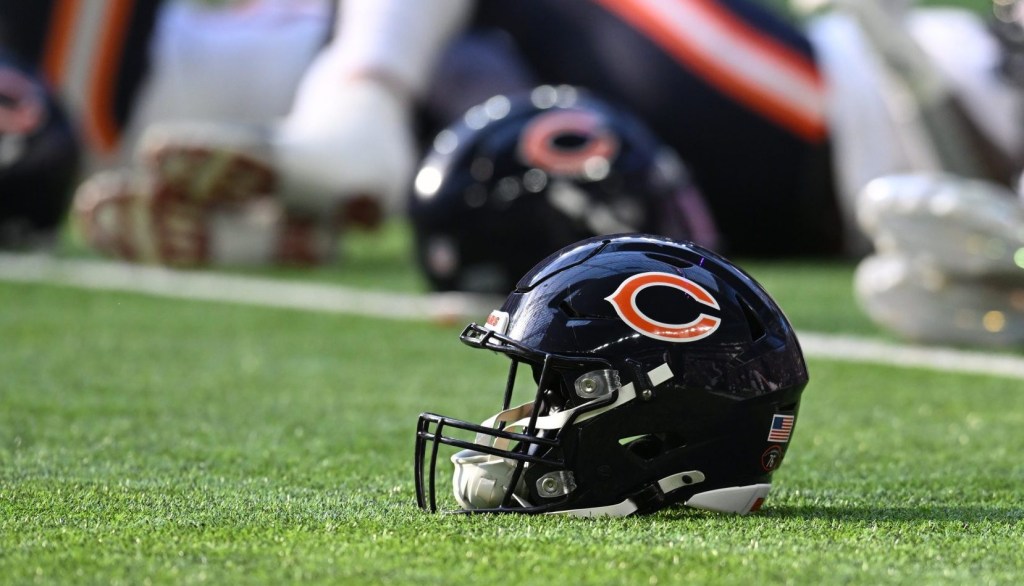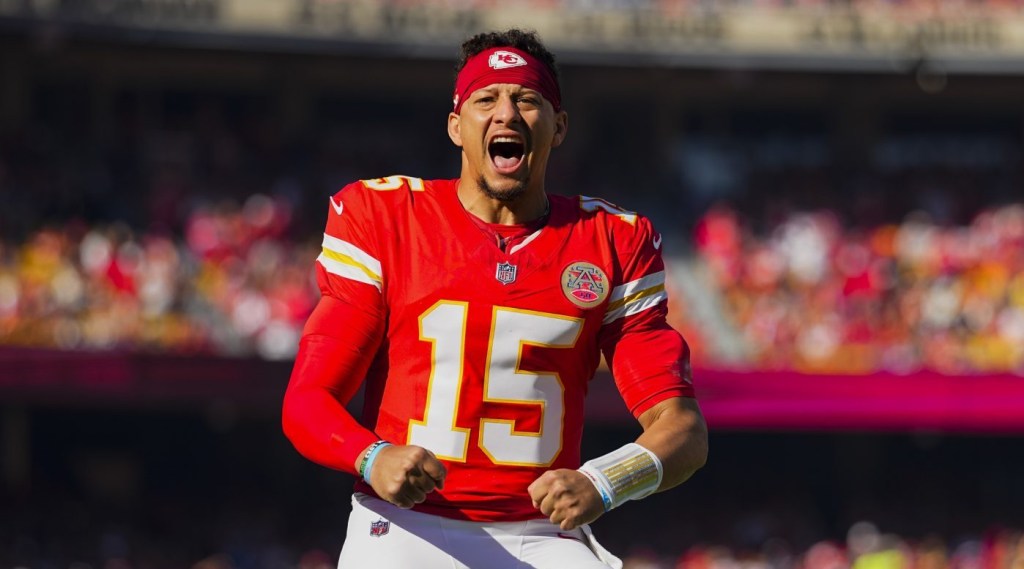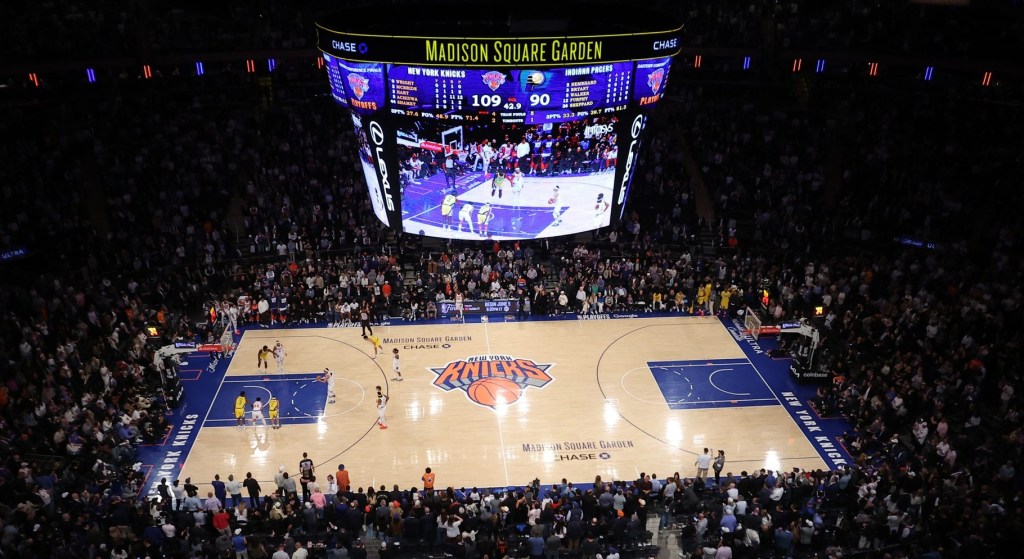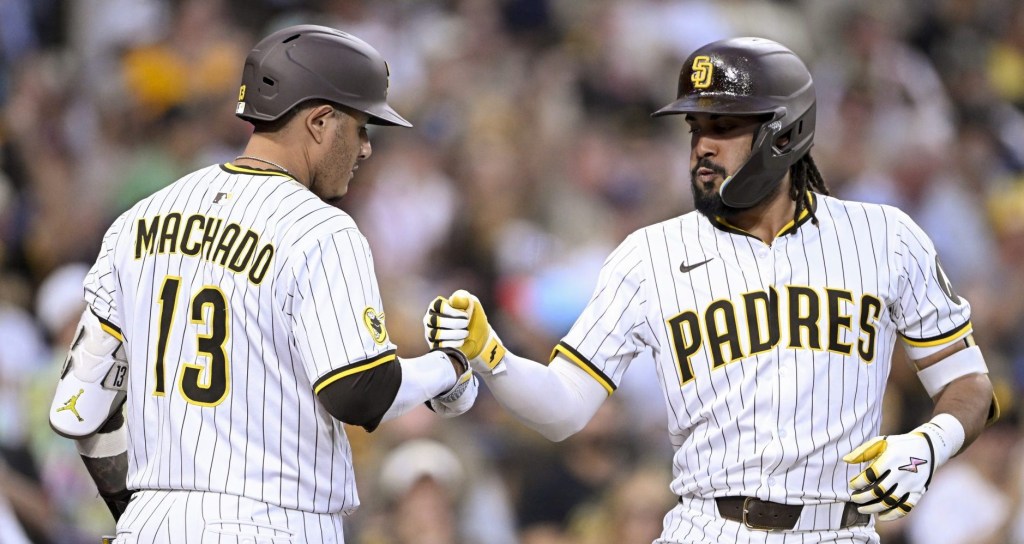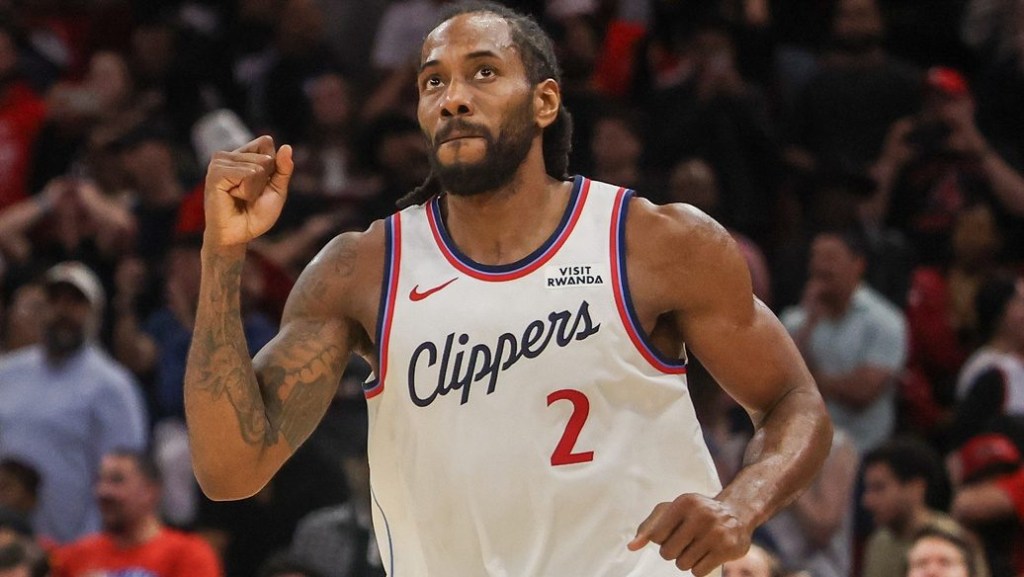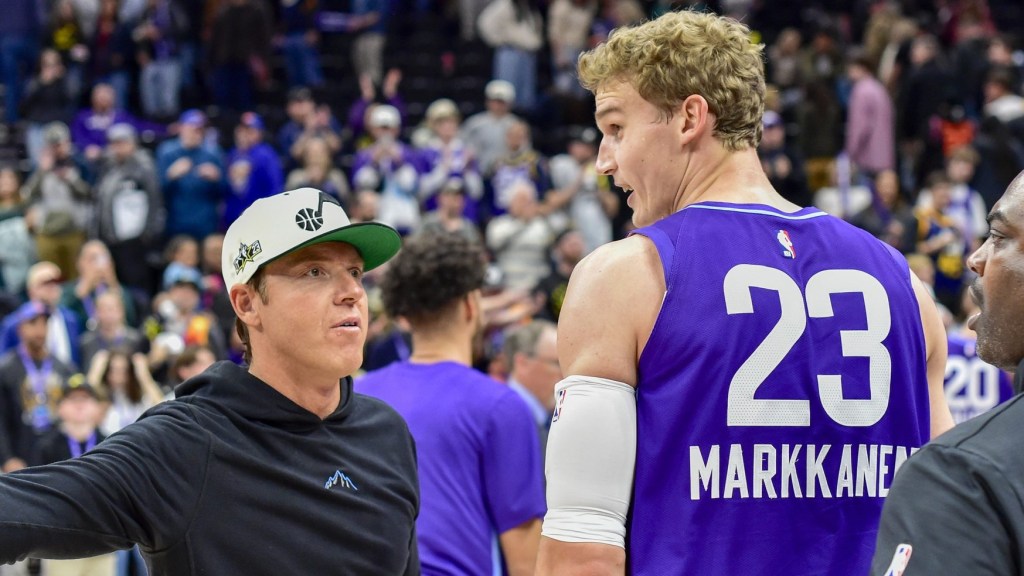Major League Baseball’s top three economic and competitive powers are in free fall this summer, or are certainly nearing it, blunting heady expectations and big spending going into the 2025 season and spotlighting the accelerating rise of the league’s middle class.
The Dodgers, sporting a league-record $406 million luxury-tax payroll, are just 12–18 since July 4 after Monday night’s loss to the crosstown Angels. The Mets, MLB’s No. 2 spenders at $338.6 million, are just 1–8 this month, are 18–31 since mid-June, and are in the midst of a seven-game losing streak. The $316.7 million Yankees, even after defeating the Twins on Monday, are also a losing team over the past two months, having posted a 21–31 record.
What had been widely projected to be a runaway this season by the trio of teams is now anything but. External signs from team owners, however, continue to stress patience.
“We haven’t been playing well, but I still believe in this team,” Mets owner Steve Cohen said Tuesday morning in a social media post. “I will be at Citi Field the next three games rooting the Mets on.”
Despite the recent on-field slides, all three clubs remain in playoff position, but their hold on postseason berths are more tenuous than ever. The Dodgers’ one-game lead over the Padres in the National League West division is their smallest since early June. The Yankees are clinging to the final American League wild-card position by just one game over the Guardians, MLB’s No. 25 spenders at $122 million. The Mets, similarly, are in the final NL wild-card slot with a two-game cushion over the Reds, the No. 22 spenders at $140.9 million.
The Dodgers also remain the clear betting favorite to repeat as World Series champions, but the odds gap between the club and the rest of the league has narrowed considerably. The teams just behind the Dodgers in those odds are also now almost entirely mid-market franchises such as the Brewers, Tigers, Mariners, Astros, and Blue Jays—furthering trends seen at the recent trade deadline.
Emerging Power
The Brewers, MLB’s No. 20 spender at $141.9 million, have surged in those odds because of a tear that has included a sweep of the Mets last weekend, an active, 10-game winning streak, an 18–4 mark since the All-Star break, and a 47–16 one since Memorial Day. Milwaukee now has the league’s best record by a five-game margin.
“It’s all great, but we have bigger goals than winning 74 games or whatever it is,” said Brewers star Christian Yelich. “That’s great, but that wasn’t really our goal going into the season. We have bigger aspirations than that.”
Typically, MLB patterns tend to correlate more directly between payroll spending and the likelihood of reaching the postseason. Whether this latest situation will enter into next year’s labor talks remains to be seen, though trends are typically analyzed over longer periods of time.
Still, there remains growing concerns across the sport about rising payroll disparities. Strong disagreement exists about how to address that, though, and well before formal bargaining begins next year between MLB and the MLB Players Association, tensions have surfaced.
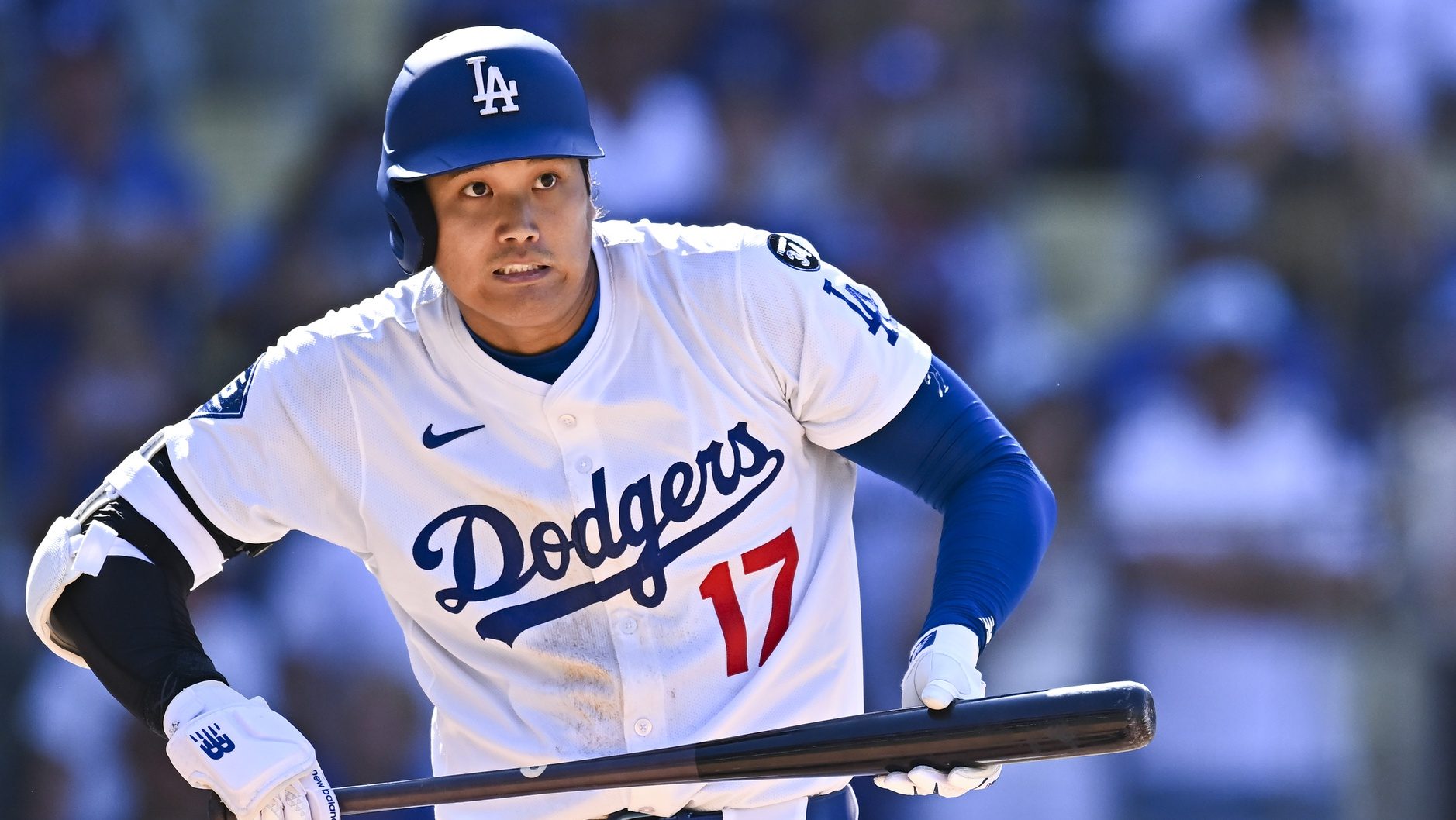
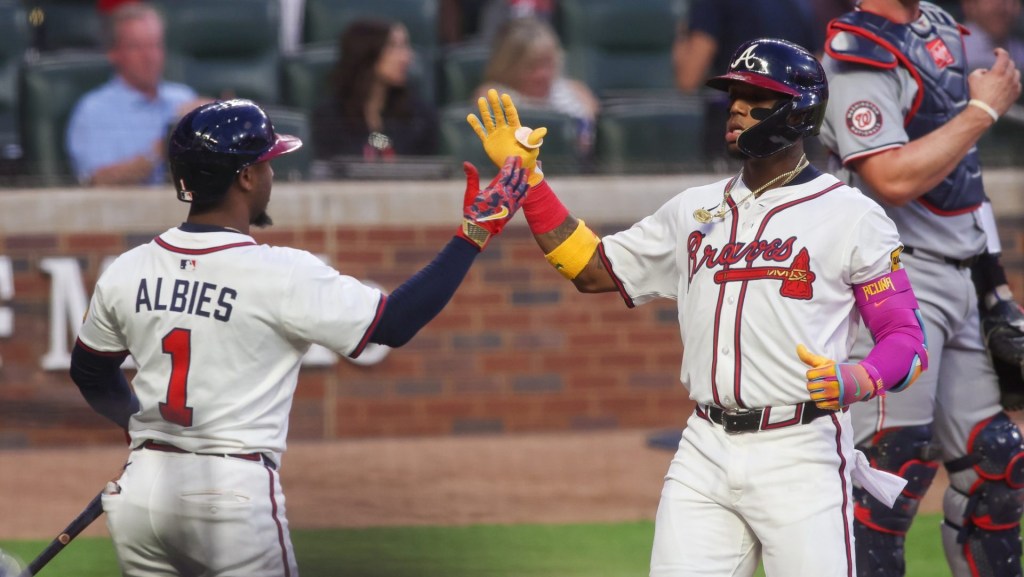
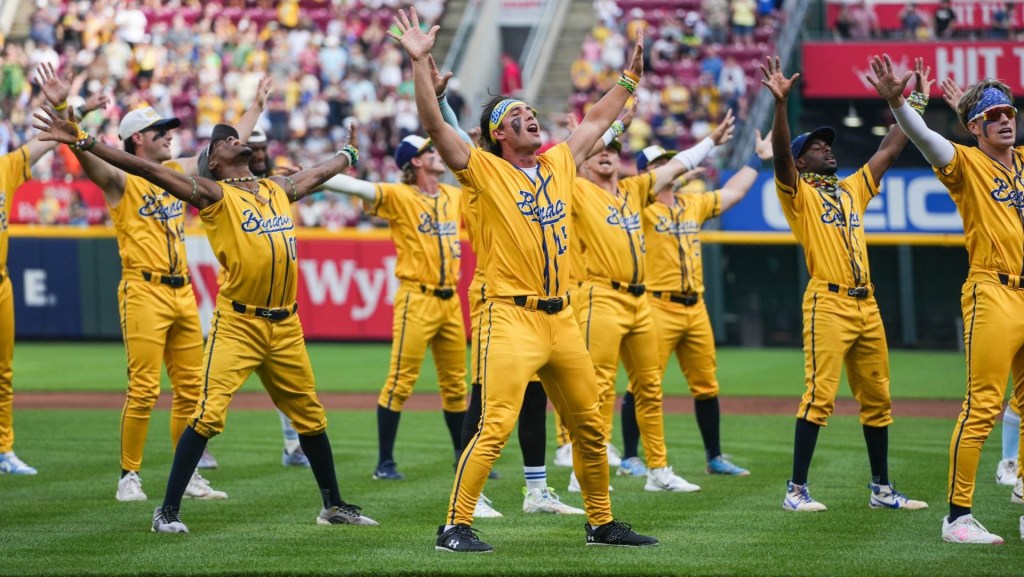
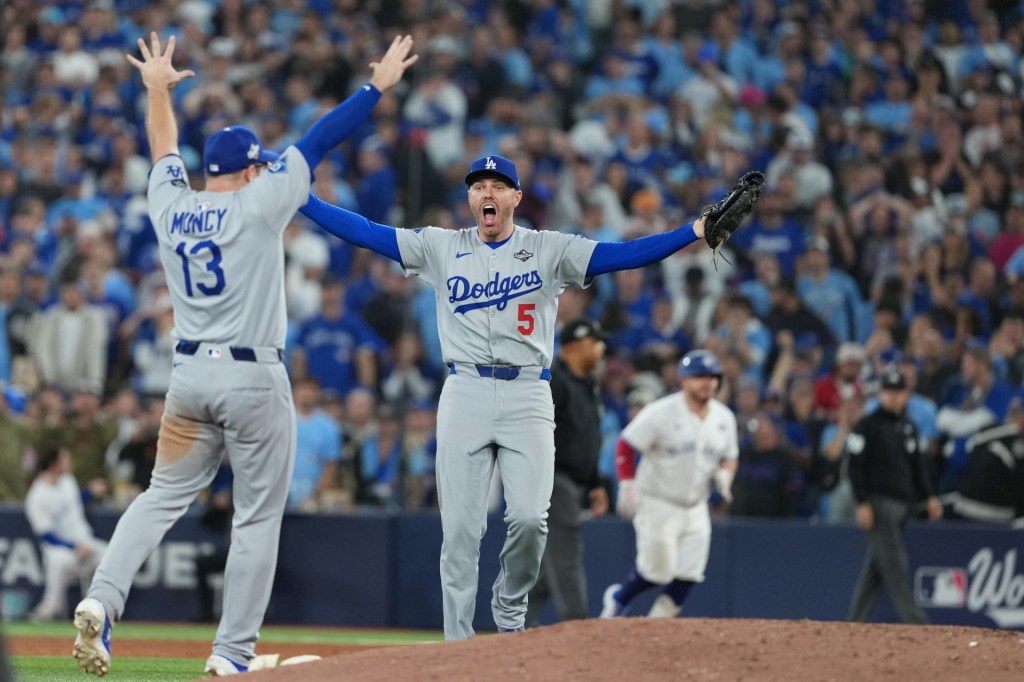
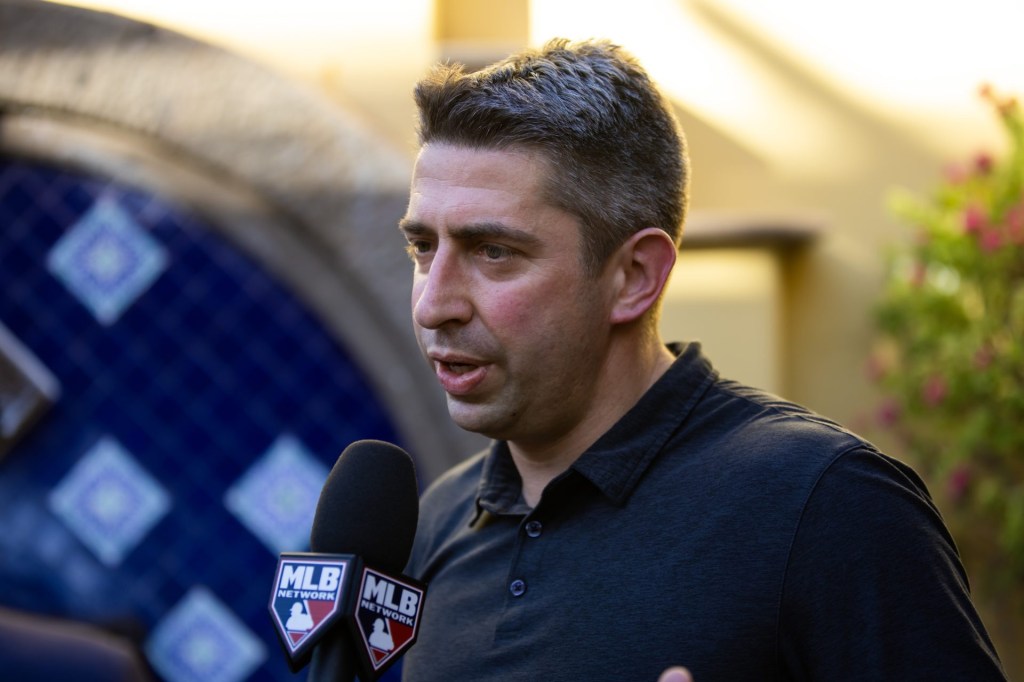
![[Subscription Customers Only] Jul 13, 2025; East Rutherford, New Jersey, USA; Chelsea FC midfielder Cole Palmer (10) celebrates winning the final of the 2025 FIFA Club World Cup at MetLife Stadium](https://frontofficesports.com/wp-content/uploads/2026/02/USATSI_26636703-scaled-e1770932227605.jpg?quality=100&w=1024)



